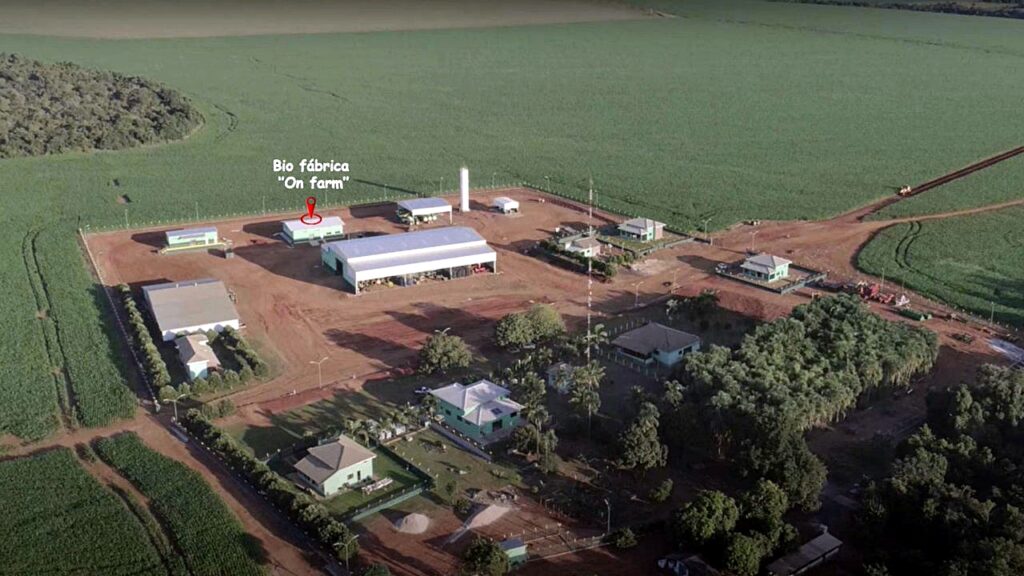
Montividiu, Goiás, Brazil. While the mowers complete the soybean harvest in a plot, Adriano Cruvinel (photo), a 36-year-old agronomist, leads the Bom Jardim Lagoano farm in central-western Brazil, where planting is being prepared for the harvest. “Our soybeans are in excellent condition,” Cruvinel highlights. He adds: “thanks to the microorganisms that we apply throughout the crop, it is much more resistant to pests and diseases.” .
At the head of a 1,400 hectare family farm in Montividiu, Cruvinel is a pioneer in the adoption of biopesticides in Brazil, challenging the dominant trend of “agrotoxics”. The practice of regenerative agriculture, based on restoring soil biodiversity and reducing the use of chemicals, has led Cruvinel to build an ultra-modern biofactory, equipped with a laboratory and "bacteriological ovens”.
"Here we imitate nature on a large scale", Cruvinel stresses, claiming that, in addition to taking care of health and the environment, it has managed to reduce its production costs by 61.4%, while its soybean yield has increased by 13%.
Biopesticides and "a long way" to go
Marcos Rodrigues de Faria, a researcher at Embrapa, is enthusiastic about the revolutionary potential of biopesticides. However, he admits that there is still a long way to go, as "agro-toxics" are still dominant in Brazil. Despite exponential growth, biopesticides accounted for only 9% of the total pesticide market in 2022.
Driven by monocultures, the Brazilian biopesticide sector is experiencing growth four times higher than that observed internationally, according to Amalia Borsari of CropLife Brazil. However, geographer Larissa Bombardi stresses that, although "interesting", biological products do not alter the Brazilian agricultural model, centered on land concentration and monocultures.
Controversial law: "a gift" for agribusinesses
Agribusiness, which represents 24% of the Brazilian economy, becomes a political issue. In December, President Lula da Silva enacted a law relaxing regulations on "agrotoxics", generating controversy. Bombardi calls it a "tragedy"and a "gift to agricultural marketing companies and agrochemicals".
The indiscriminate use of pesticides in Brazil also affects trade relations, being a key argument in the negotiations of a free trade agreement between the European Union and Mercosur.
Despite the challenges, the innovation of Cruvinel and other farmers adopting biopesticides is noteworthy as a positive transformation in the Brazilian agricultural sector.
Source: SWI.



